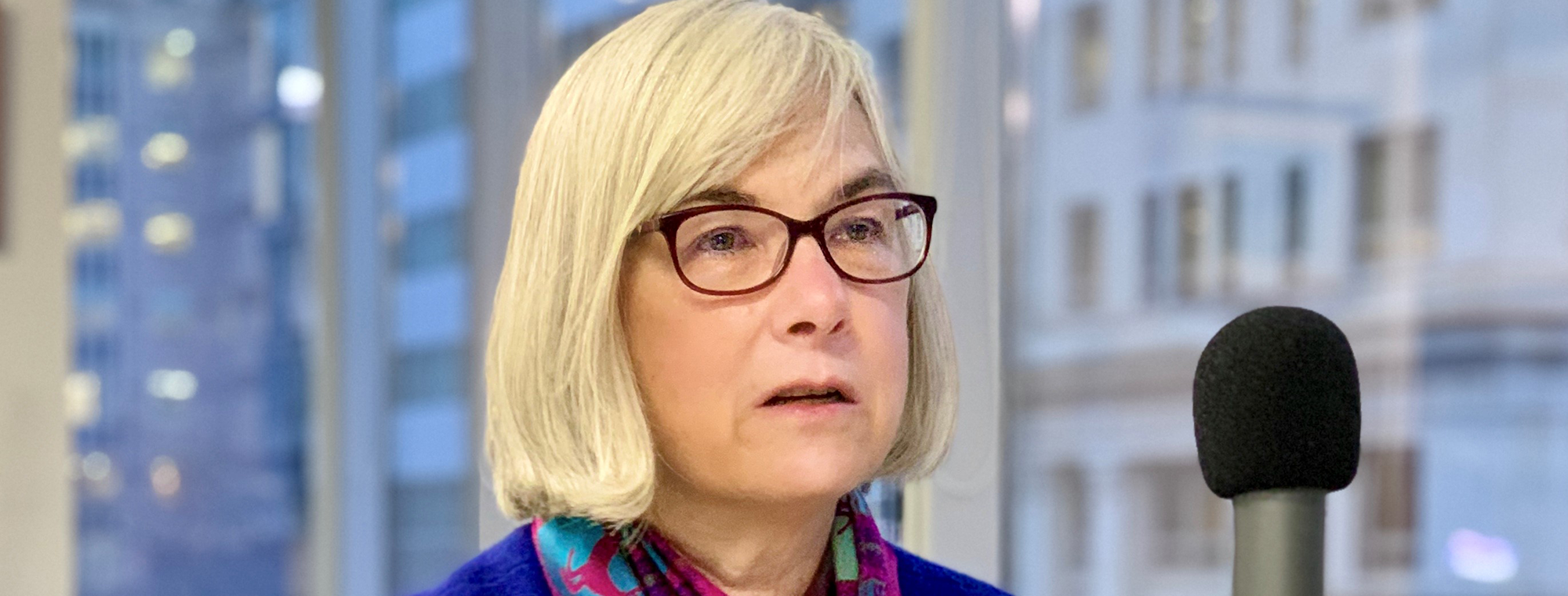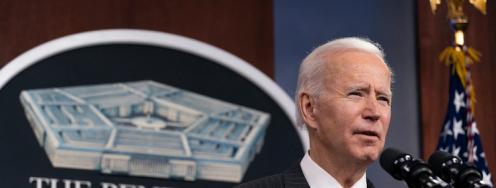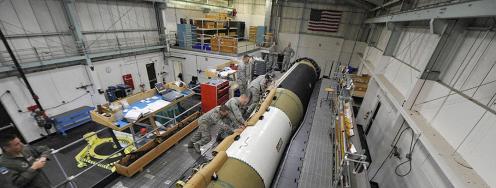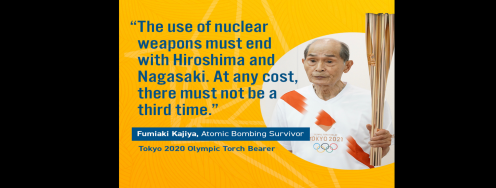SUBSCRIBE:
The Treaty on the Nonproliferation of Nuclear Weapons is the bedrock of the nuclear security regime. At fifty years old, is it showing its age?
“Right now the treaty’s facing some real challenges,” Ambassador Susan Burk explained. “Part of that is that there has traditionally and perennially been deep frustration on the part of the states that don't have nuclear weapons with the pace of progress that the nuclear weapons possessors are making to pursue nuclear disarmament.”
“Even though nuclear stockpiles have been drastically reduced over the last several decades, we're not any closer to zero or to the elimination of nuclear weapons.”
Ambassador Burk was President Barack Obama’s special representative for nuclear nonproliferation. With more than 35 years’ experience, she was at the 1995 conference where the treaty was extended permanently.
Asked whether that extension was a good idea, or if it took the gas off of nuclear disarmament, Burk was clear: “It was the right decision. If the treaty were up for another extension in this climate, I would be very concerned.”
But will nations continue to adhere to its terms? We will have trouble at the 2020 review conference, Burk warned. Aside from the odd new U.S. initiative, “Creating an Environment for Nuclear Disarmament,” the American delegation will not have many cards to play.
“I think it's a creative idea if you have nothing else. But I'm not sure it's enough,” she said.
“And the whole idea of looking at the environment, creating conditions, that's really valid if you're talking about going to zero: fundamentally eliminating nuclear weapons,” Burk continued.
“But this initiative would be more meaningful and more valid or more useful if, at the same time, the U.S. and Russia were continuing to pursue traditional arms reduction measures: extend New START, not walk away from everything and say, ‘Well, we just can't do anything right now because the conditions aren't right.’”
As for the NPT itself, Burk says it is still worth fighting for. “It's deficient in a lot of ways. But it's important to remember that you do have an instrument that's been in place for a long time that captures the Big Five [nuclear powers]. And trying to come up with something that would do that again today - I would not bet on it.”
“We need to hold onto what we have. We need to work on it. We need to improve it. We need to build on it. And we need to try to do what we can do to encourage the U.S. and the Russians to move ahead on nuclear disarmament.”
“I don’t know whether it’ll be successful,” she concluded. “But that’s where we are.”
Listen to the full episode here.
About Press the Button: In addition to "The Interview" in which Joe Cirincione sits down with prominent thinkers, legislators, activists, and grantees working on nuclear weapons issues for a short, illuminating conversation, episodes have two other segments: "Early Warning" — a round-up of the most pressing nuclear news in 7 minutes, roughly the same amount of time the US president has to authorize a nuclear weapons launch in the event of an incoming attack on the United States; and "In the Silo" — a monthly, close-up look at key nuclear issues and events around the world, utilizing field recordings, media clips, interviews, and extensive narration.












